International advisory board for the project “Man in a changing world. Identity ad social adaptation in history and modernity”
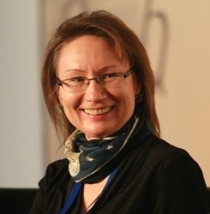 |
Elena TrubinaDoctor of Philosophy, Professor of the Department of Social Philosophy, Ural Federal University n.a. the first President of Russia B.N. Yeltsin. Research interests: identity and identification issues, post-Soviet culture, subjects and urban space, social theory and methodology of interdisciplinary research. She is the author and co-author of -monographs, textbooks, articles, including in Englsih and German on the theory of cognition and methodology of science, social philosophy and urban studies. |
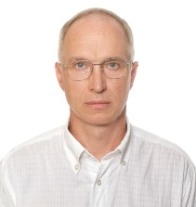 |
Sergey SokolovskyDoctor of History, Chief Research Fellow at the Institute of Ethnology and Anthropology of the Russian Academy of Science, Chief Editor of the journal “Etnograficheskoe obozrenie”. As an expert, he is involved in a number of international organizations and projects in the field of interethnic relations and prevention of interethnic conflicts. Research interests: theoretical issues of ethnology -and minority rights. |
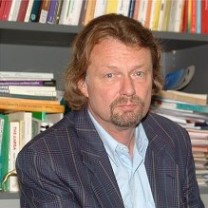 |
Gϋnter Schlee
Professor of Social Anthropology, Dr., Director of the Department “Integration and Conflict” at the Max Planck Institute for Social Anthropology (Halle (Saale), Germany). Research interests: identity and difference, changes of alliances, kinship and friendship. Research area(s): Germany, Blue Nile Region (Sudan), South Ethiopia, Kenya, Somaliland, Somalia. Director and Member of the Academic Council at the Max Planck Institute for Social Anthropology (since 1999), Honorary Professor for Social Anthropology at the University of Leipzig and the University of Halle-Wittenberg (since 2001 and since 2002 respectively). |
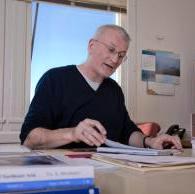 |
Peter SchweitzerProfessor of the University of Vienna, Department of Social- and Cultural Anthropology. Research interests encompass social organization (kinship, gender, and politics), hunter gatherer studies, the history of anthropology, transnationalism and other forms of interethnic contacts, as well as practices and ideologies of colonialism and their local manifestations. |
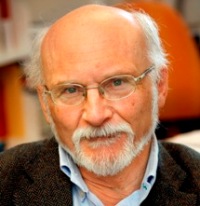 |
Hugh Beach
Professor of Anthropology at the Department of Cultural Anthropology & Ethnology, Uppsala University, Sweden. His - research interests include: Saami (Lapp) and circumpolar studies,pastoralism, minority politics, social e-impact of the Chernobyl disaster, “Ecopolitics” (global environmentalism and indigenous rights). |
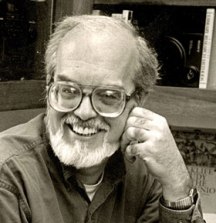 |
Andrew WigetProfessor of English at New Mexico State University and Director of The New Mexico Heritage Center. In addition to numerous scholarly articles on American Indian oral traditions and contemporary American Indian literature, he is the author of Native American Literature (1985) and the editor of Critical Essays in Native American Literature (1985), as well as the award-winning Dictionary of Native American Literature (1995). His fieldwork focuses on Indian communities in Quebec and in the Southwest, most extensively at Zuni. For about twenty years, Andrew Wiget has been working with indigenous people in Western Siberia, studying the day-to-day life and culture of Khants. |
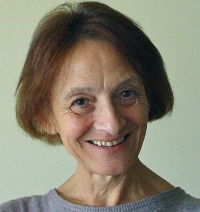 |
Roberte HamayonDirector Emeritus at the Ecole Pratique des Hautes Etudes (EPHE) of the Sorbonne and Head of the Mongolian and Siberian Studies Centre (CEMS). The central focus of her research is shamanism, traditional religious substratum of indigenous peoples of Siberia and Mongolia inthe context of - their interactions with the Russian Orthodox Christianity (in the west and north of the area in question), Buddhism (in the south and east), and with the Communist ideology. |
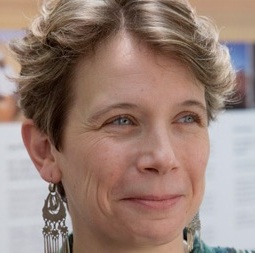 |
Alexandra LavrillierAssistant Professor of the Master Programme “Arctic Studies” “Anthropology – Siberian studies”, , Cultures, Environments, Arctic, Representations, Climate, Universite de Versailles Saint-Quentin-et-Yvelines, European Center for the Arctic (CEARC / OVSQ). Research interests: the nomad economy, management of landscape, microclimate and animal/plant resources; ritual practices (shamanismand neo-rituals/festivals); contemporary economy and social adaptation; climate change: economic, political, social and religious – implications for reindeer herders, hunters and fishermen of Siberia (Evenks, Evens, Yakuts, Nanais). |
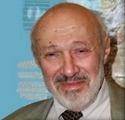 |
Anatoly M. KhazanovProfessor of the Departmentof Anthropology, University of Wisconsin-Madison, Member of the British Academy of Sciences, and one of the leading specialists in the history of nomads of Central Asia and the Black Sea Professor Khazanov‘s research interests include historical anthropology, pastoral nomadism, cultural change and globalization, ethnicity and nationalism, collective memory and public symbolism, transition from authoritarian/totalitarian rule, anthropology of world religions, and Jewish studies. to The geographical area of interest is the post-Soviet space, Central and Inner Asia. |





 The project "Man in a Changing World. Identity and Social Adaptation: Past and Present" is funded by the Russian Government
The project "Man in a Changing World. Identity and Social Adaptation: Past and Present" is funded by the Russian Government 